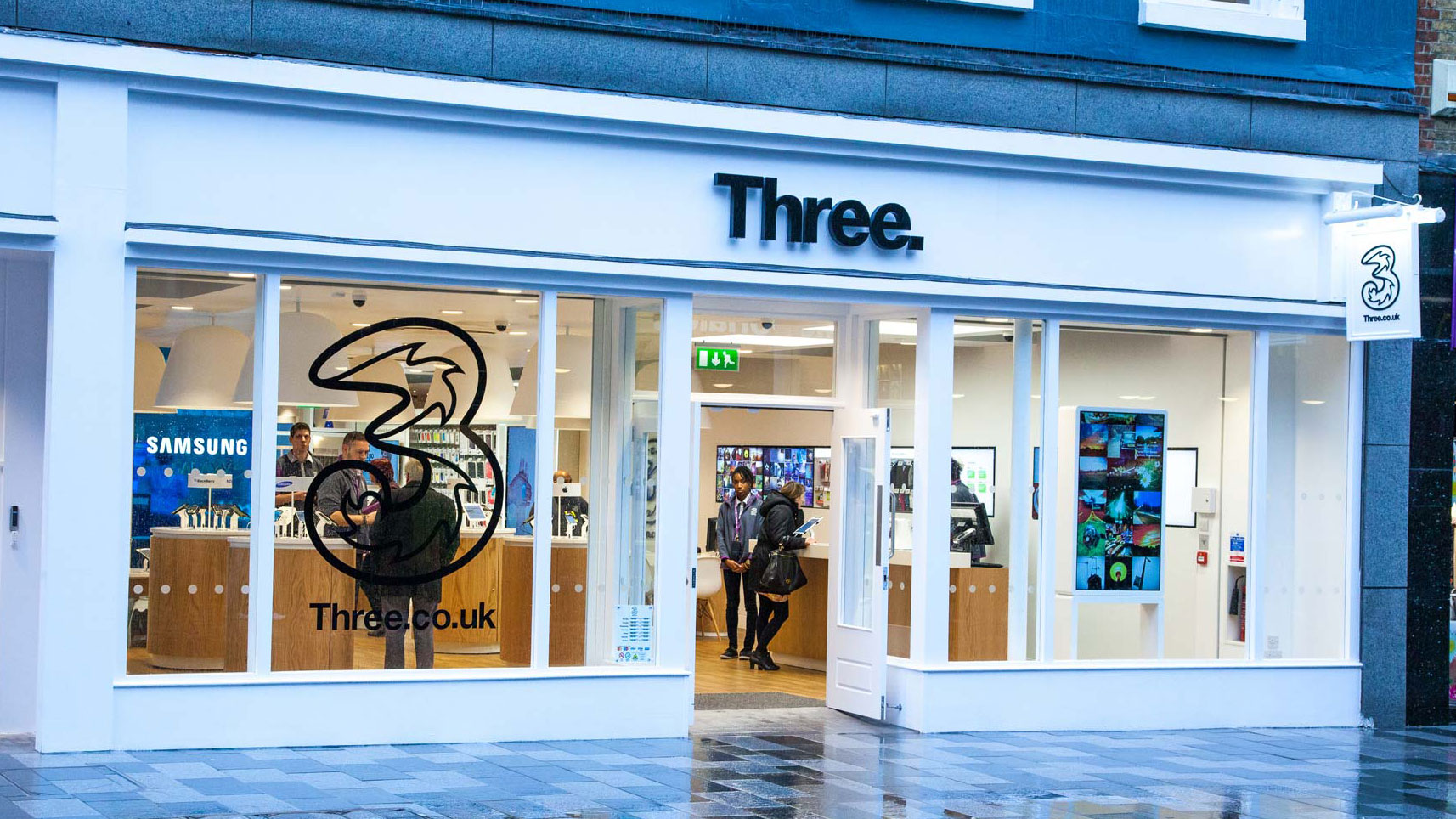Three holds more 5G trials ahead of summer launch
Operator details 5G FWA trials and site upgrades

Three has revealed it is trialling its 5G-powered home broadband service in two London boroughs and has started a series of upgrades to its 4G network which will provide the foundation for a full 5G mobile launch later this year.
Earlier this month, the UK’s smallest mobile operator confirmed it would offer 5G Fixed Wireless Access (FWA) broadband services in central London from August. The services build on an existing 4G FWA offering it inherited in the 2017 acquisition of Relish, which has been rebranded as ‘Three Broadband’.
Trials in Camden and Wandsworth will be used to refine the service ahead of commercial availability, with Three eager to stress that the additional capacity afforded by 5G will make FWA a genuine alternative to fixed broadband.
- Three CEO: Capacity is the true 5G revolution
- What is 5G? Everything you need to know
- 1 in 7 mobile connections will be 5G
Three 5G
To support its claims, Three commissioned a study from Ovum which found that 5G FWA would be capable of delivering speeds of up to 100Mbps – more than double the average UK fixed line peed of 46Mbps. However, it’s worth nothing that fibre to the cabinet (FTTC) can deliver up to 76Mbps, while full fibre can offer significantly more.
However, the report also claims that FWA is half as cheap to deploy as there is no need to lay physical cables and that customers can save up to £240 a year by not having to pay line rental. The report also says that FWA has an advantage over previous attempts to create a wireless alternative to fixed because the ecosystem is so developed.
EE will also offer 5G FWA service while all four major operators plan to launch 5G mobile services in 2019. Three aims to cover 25 towns and cities before the end of the year, including London, Birmingham, Bolton, Bradford, Brighton, Bristol, Cardiff, Coventry, Derby, Edinburgh, Glasgow, Hull, Leeds, Leicester, Liverpool, Manchester, Middlesbrough, Milton Keynes, Nottingham, Reading, Rotherham, Sheffield, Slough, Sunderland and Wolverhampton.
To support this rollout, Three has built a cloud-based core network that it has been trialling with staff since February. All 3,500 employees are now on the network, while the operator has also started the process of migrating call records to a new billing system.
SIGN UP FOR E-MAIL NEWSLETTERS
Get up to speed with 5G, and discover the latest deals, news, and insight!
The company is also strengthening its 4G network, which will provide the foundation of its 5G service. 3G spectrum is being refarmed for 4G use, starting in Croydon, while it is also upgrading sites across the country.
Three sees 5G as its opportunity to transform from the UK’s smallest mobile operator into the market leader thanks to its significant spectrum holdings. Its customers consume on average more than 7.6GB a month and Three believes 5G will offer the capacity needed to support future growth.
During the UEFA Champions League Final between Liverpool and Tottenham on June 1, a record 501Gbps of data was transmitted over Three’s network. This was a 25 per cent increase over last year’s final and 20 per cent more than the usual figure.
- Here are the best Three mobile deals for June 2019
Steve McCaskill is a former editor of Silicon UK, and is an experienced journalist. Over the last eight years Steve has written about technology, in particular, telecoms, mobile, sports tech, video games and media.

